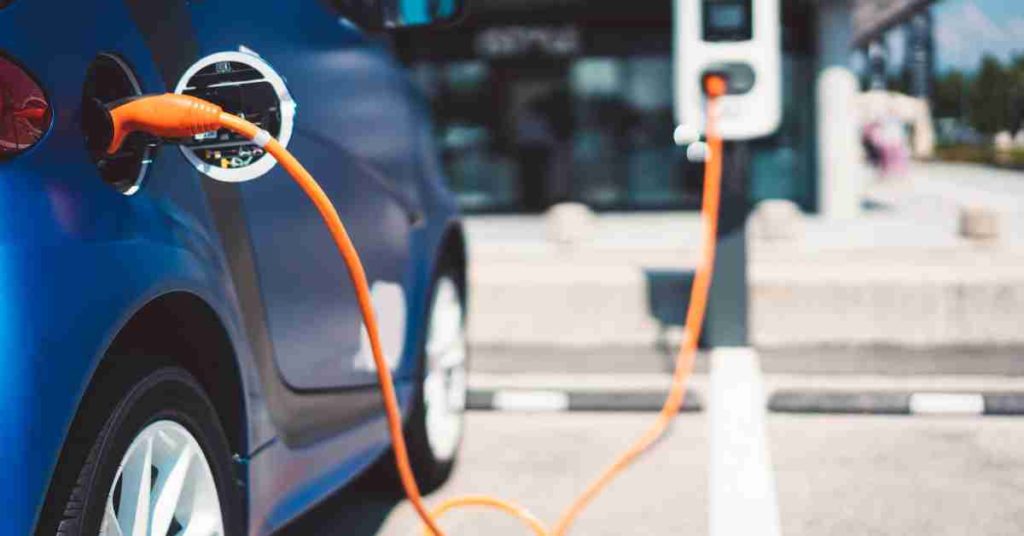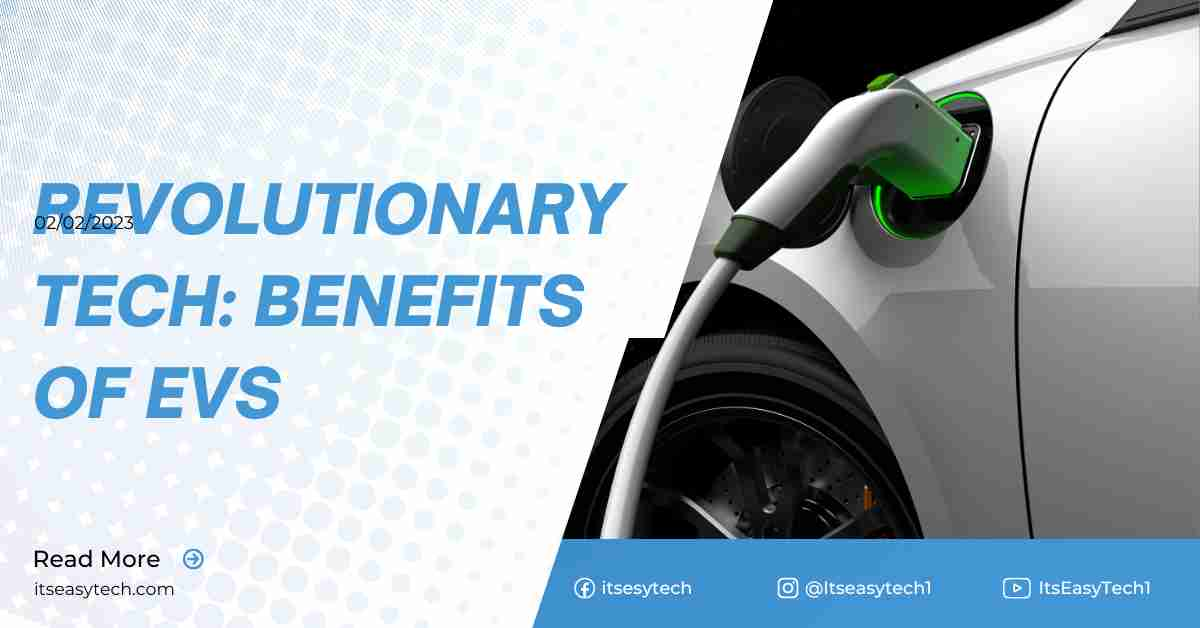The automotive industry has seen major technological developments in recent years. The introduction of electric vehicles such as bikes and cars is one of the most remarkable advances. These vehicles are not only environmentally friendly, but they also offer a number of benefits that make commutes more convenient and cost-effective.
Electric cars are powered by electricity, rather than gasoline or diesel fuel. This means they emit no pollutants and are far less expensive to operate than regular vehicles although average vehicle coverage on electric cars can be more expensive. Additionally, because they have fewer moving parts and require less care, they are less likely to break down. Electric vehicles are also incredibly quiet, making them perfect for city driving where noise pollution is an issue.
Benefits of Electric Cars
Electric cars have advantages that go beyond those for the environment. For instance, because electric vehicles have instant torque, they can accelerate smoothly and quickly. They are therefore perfect for city driving, where stop-and-go traffic is common and traffic is frequently high. The limited range of electric cars also makes them less likely to be engaged in accidents caused on by driver fatigue.
Another major benefit of electric cars is that they are eligible for government incentives and tax credits. As a result, consumers may find them to be considerably more affordable, which encourages more people to use this technology.
Benefits of Electric Bikes
E-bikes, commonly referred to as electric bikes, are another example of how technology is easing commuting. These bicycles are powered by a small electric motor that helps with pedalling. They are therefore perfect for those who desire to cycle to work but find the ride to be too difficult. Because of their limited range, e-bikes are also less likely to be involved in accidents brought on by rider fatigue.
The benefits of electric bikes extend beyond the environment. Electric bikes, for instance, are very quiet, making them perfect for urban commuting where noise pollution is a worry. Electric bikes are also relatively lightweight, making them simple to manage and manoeuvre. This makes them perfect for riding in towns.

Also with the new laws and regulation passing for electric bikes around the world, many cities has included bike lanes on road. This means faster commute and lesser traffic problem for e-bike riders. One more benefit of only ebikes are cost saving. Not only it consumes less time and pollution in comparison of even electric cars but it is saving you more money as well. And with the increasing popularity of ebikes many brands are competing to market the affordable bike to customers. And one of the best way to make it possible is offering the electric bike discounts. This tactic not only increase their sales and popularity but the liability as well.
Cost Of Operating Electric Cars And Bikes With Traditional Cars And Bikes
Electric bikes and cars typically cost less to maintain than normal bikes and cars. The cost of power to charge the battery is the main expense incurred when using an electric car or bike. Depending on where you live, the electricity cost might vary, although it is generally cheaper than the price of gasoline or diesel fuel. In addition, maintaining electric cars and bikes is less expensive over time than maintaining cars and bikes.
The price of the battery is a significant cost for electric cars, although it is going down with time. Furthermore, the price of electricity used to charge an electric vehicle is less expensive than the price of gasoline or diesel. According to a study by the U.S. Department of Energy, it costs about $485 per year to charge an electric car, compared to about $1,117 per year to fuel a gas-powered car.
For electric bikes, the cost of the battery is also a significant cost, but it is also decreasing over time. Additionally, the costs of electricity is far less than the price of fuel when it comes to charging an electric bike. In order to save the cost of electricity, electric bikes can also be used without the electric support.
The cost of operating electric cars and bikes is generally lower than that of traditional cars and bikes. Electricity is less expensive than gasoline or diesel, and compared to conventional vehicles, electric vehicles also require less maintenance, which can result in long-term cost savings.
How Electric Cars And Bikes Require Less Maintenance Than Traditional Cars And Bikes
Electric cars and bikes require less maintenance than traditional cars and bikes for a few reasons.
First, electric cars and bikes have fewer moving parts. Compared to an internal combustion engine, an electric motor has fewer moving components, which means there are fewer parts that could wear out or malfunction. This also implies that mechanical issues are less likely to occur with electric vehicles such as bikes and cars.
Second, oil changes—one of the most frequent and expensive maintenance procedures for conventional cars—are not necessary for electric cars and bicycles. Additionally, since electric vehicles lack conventional transmission systems, there is no need to replace transmission fluid or gears as they wear out.
Third, since electric bikes and cars don’t emit any pollutants, they don’t require any emission-related maintenance, like catalytic converter repairs or smog checks.
Finally, because electric motors act as generators and slow down moving vehicles when stopping, the brake system on electric cars and bikes lasts longer than the brake system on conventional cars and bikes.
Overall, compared to conventional vehicles, electric cars and bikes require less maintenance, which can result in long-term financial savings and make electric vehicles a more affordable option for consumers.

In general, electric vehicles like cars and bicycles are an excellent method to improve commute times. They are less likely to breakdown since they are more eco- friendly, require less maintenance, and have fewer moving parts. Additionally, they qualify for government tax breaks and incentives, making them more accessible to customers. Furthermore, electric vehicles have a limited range and instant torque, which makes them perfect for city driving and riding where stop-and-go traffic is typical.
One of the challenges for electric cars and bikes is the infrastructure to support them. For instance, e-bikes and electric cars both require charging stations. To make it simpler for people to charge their vehicles, governments and private businesses are pushing to build more charging stations and points. The availability of more charging stations and points would significantly improve the use and practicality of evs and e-bikes.
Conclusion
In conclusion, there are a wide range of advantages to using electric bikes and vehicles, from lowering prices and pollution to enhancing safety and reducing noise.
The time has come for society to think about converting to these modes of transportation in order to lessen their carbon footprint.
Now is the ideal time to make the switch and start taking benefit of the many advantages of electric cars and bikes because technology is constantly improving and becoming more accessible everyday.
Further Reading
Cool Office Gadgets & Accessories to Make Your Office Feel Like Home
5 Reasons The Healthcare Industry Is Adopting Artificial Intelligence






